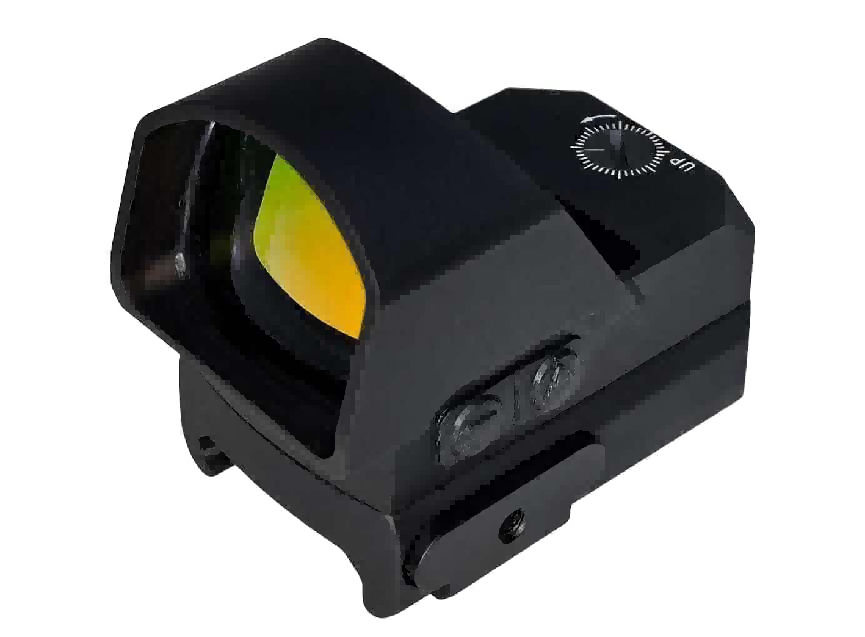When were Red Dot Sights Invented?

When were Red Dot Sights Invented?
The invention of the modern commercial red dot sight is generally credited to the Swedish company Aimpoint AB in 1975.
Key historical points:
1975: Aimpoint launched the Aimpoint® Electronic, which is considered the world's first commercial "electronic" red dot sight. It was based on a design by engineer John Arne Ingemund Ekstrand. This sight combined a reflecting curved mirror with a Light-Emitting Diode (LED) to create the illuminated aiming point.
The Precursor (Reflector/Reflex Sights): The underlying technology, the reflector sight (or reflex sight), is much older. The basic concept of using a lens to project an aiming point onto a transparent screen was patented by Sir Howard Grubb in 1900 for use on firearms and artillery. These early versions often used ambient light or other non-LED light sources.
Early Military Use: Earlier optics, such as the Singlepoint Occluded Eye Gunsight (OEG), which used a similar aiming concept, were used by the U.S. military as early as 1970.
So, while the concept of a reflector sight dates back to 1900, the first sight that matches the modern definition of an electronic red dot sight—using an LED for illumination and marketed commercially—was released in 1975.
At FORESEEN OPTICS, we understand that a Red Dot Sight (RDS) is far more than just a window and a dot; it is an integral component of a rapid-response and precision shooting system. Our purpose is to help shooters achieve superior speed and accuracy across diverse scenarios and weapon platforms.
To deliver an RDS that truly meets user needs, we do not simply focus on the optic itself. We begin by gaining a profound understanding of the shooting environment and the distinct requirements of every shooter.
Choose FORESEEN OPTICS—your partner in a precision shooting system that is Scenario-Driven and Engineering-Backed.
- Art
- Causes
- Crafts
- Dance
- Drinks
- Film
- Fitness
- Food
- Games
- Gardening
- Health
- Home
- Literature
- Music
- Networking
- Other
- Party
- Religion
- Shopping
- Sports
- Theater
- Wellness


